On Sunday, September 10, elections to local legislative assemblies will be held in Russian-occupied Ukrainian territories. However, they began a long time ago – early voting “started” at the end of August.
How tells Euronews, in the “elections” in the Lugansk and Kherson regions, voting began on September 2, seven days before the single voting day in Russia, and in the Donetsk and Zaporozhye regions – on August 31. Kyiv regards active participation in them as treason. The European Union and the United States condemned and called the elections “another gross violation of international law.”
On October 20, 2022, Russian President Vladimir Putin introduced martial law in the partially occupied Ukrainian regions by decree. And in May 2023, he signed a law providing for the possibility of holding elections in territories where martial law is in effect (previously, referendums and elections were prohibited under such conditions).
What explains the haste with which the start of the elections was postponed 7-10 days earlier? Russian authorities explain that this was done for voters “located in hard-to-reach areas and settlements near the line of combat contact.” The elections that are held have their own characteristics:
- On September 1-4, voting took place in Russia, at extraterritorial polling stations, outside the annexed regions. For this purpose, more than three hundred voting places were organized.
- Residents of the four occupied Ukrainian regions will not be able to elect regional heads – they will be appointed as deputies of local “parliaments” on the proposal of the President of the Russian Federation. Experts say that, most likely, all the “interim” leaders who were previously appointed by the Kremlin will remain in place. All of them are members of the pro-government United Russia party.
- Voting is carried out only on party lists; it is impossible to vote for a specific candidate. Only parliamentary parties represented in the State Duma take part in “elections” to local authorities. The “election commissions” were not even going to publish the names of the candidates for “security reasons.” Russian independent journalists recall that the first municipal elections in annexed Crimea were held according to the same principle in 2014.
The media found that more than half of the candidates in the “elections” are local residents (in Zaporozhye and Kherson regions 71%), a third of them are housewives, pensioners, students or the unemployed.
In Ukraine, active participation in Russian “elections” in the occupied territories is regarded as a manifestation of collaboration and high treason; “candidates” and “members of election commissions” face criminal prosecution. The SBU has already begun criminal proceedings against some of them, and their names have been published in the Ukrainian media. Alexey Garan, professor of political science at the Kiev-Mohyla Academy, says:
“The Geneva Conventions, in which Russia also formally participates, prohibit the holding of any elections by the aggressor in the occupied territories. There are no such elections for us. And for the entire international community too. This is a propaganda show.”
However, residents of the annexed territories will not be punished for voting; the Ukrainian authorities are well aware that any means can be used to ensure pseudo-elections. During early voting, for example, election commission employees walked from door to door, accompanied by Russian military personnel. Garan notes:
“We are making a differentiation here. Many Ukrainian citizens ended up in the occupied territory not of their own free will. Methods of terror and repression are used against them. If we are talking about ordinary people who are forced to go vote, because otherwise there will be repression against them, there is no action here there will be. The collaborators will face criminal prosecution.”
The European Union and the United States called Moscow’s pseudo-elections “another gross violation of international law.” Peter Stano, Foreign Service Spokesperson EUwrote on X (Twitter):
“Russia has started early voting in the so-called ‘elections’ in the temporarily occupied Ukrainian territories. This is another violation of international law and the sovereignty of Ukraine.”
The State Department called voting in the occupied territories “pseudo-elections” and a “propaganda exercise,” noting that the United States will never recognize Russian claims to Ukrainian territories. And Secretary of State Antony Blinken warned of visa restrictions and sanctions for people who support the vote, in particular, we are talking about the so-called “international observers.” He stressed that the United States does not recognize the results of these “elections” and will continue to support Ukraine.
This year, the Russian Federation is holding a single voting day on September 10, but early “expression of will” began much earlier. “Voice,” a nationwide public movement in defense of voters’ rights, speaks of “constant and increasing pressure on all participants in the electoral process” during the current election campaign . The organization notes that these elections cannot be called equal and free in any of the regions of Russia. And Dmitry Oreshkin, a Russian political scientist, says that elections in Russia have long ceased to serve as a mechanism for changing power:
“In general, elections in Putin’s Russia are a ritual procedure. Their meaning comes down to three main aspects. The first is propaganda, when it is necessary to demonstrate that the situation is under control, there is popular mass support. The second is a ritual meaning. For a significant part of Putin’s electorate, it is important to get a picture that everything is working: since the elections were held, it means everything was according to the rules. And the third is a test. A test of the effectiveness of regional leaders: can they control the situation, can they “draw” the desired figure, force people to accept it and not protest” .
The political scientist believes that “these procedures” have nothing to do with democracy: “People understand that this is not an election, but a circus, but they can’t do anything. It’s just an electoral ritual.”
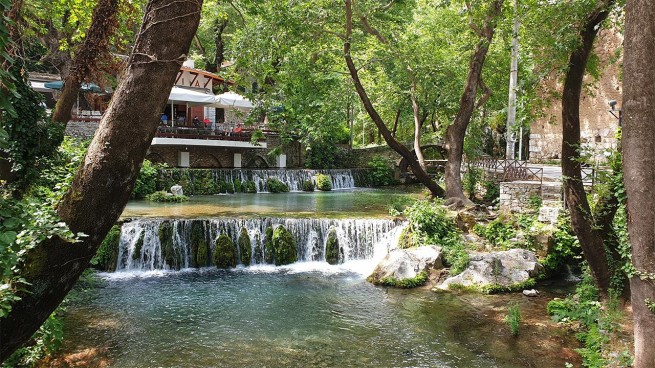

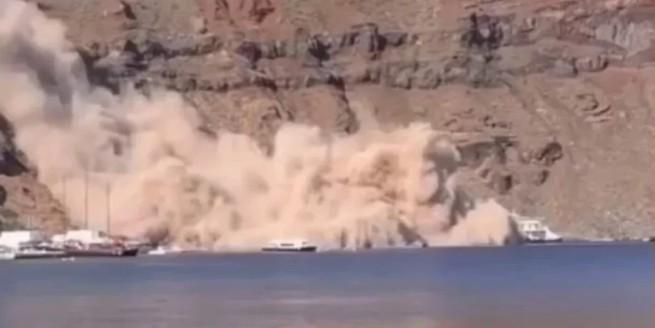
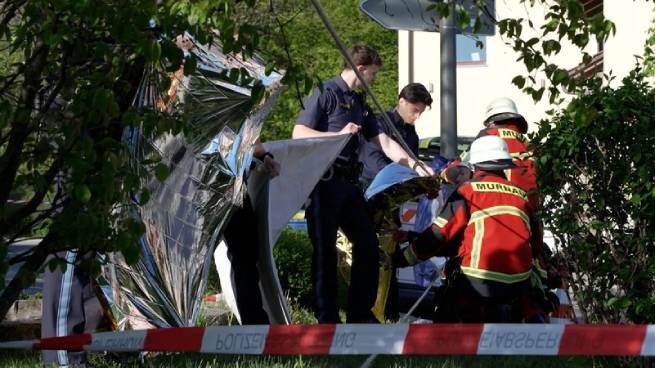
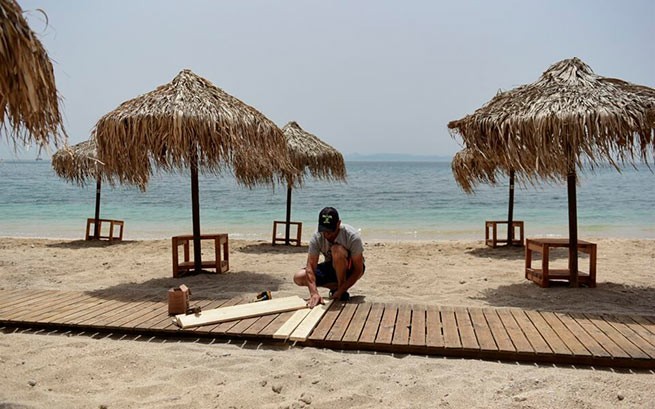
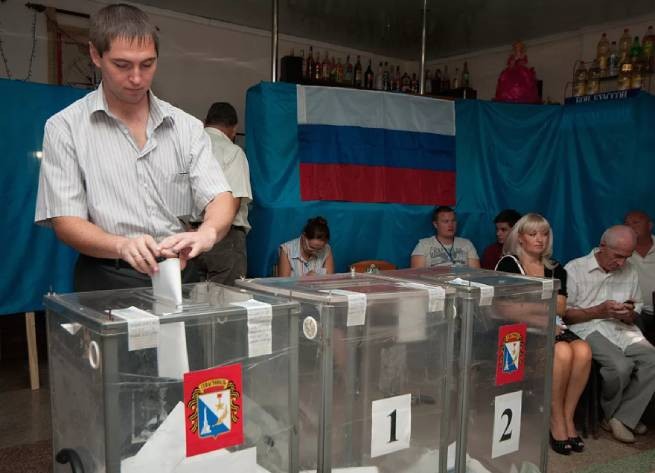

More Stories
Ukrainians died in Germany, a Russian is suspected of murder
Belarus is ready to fight, having adopted a new doctrine
IMF: "Huge US debt poses serious risk to global economy"